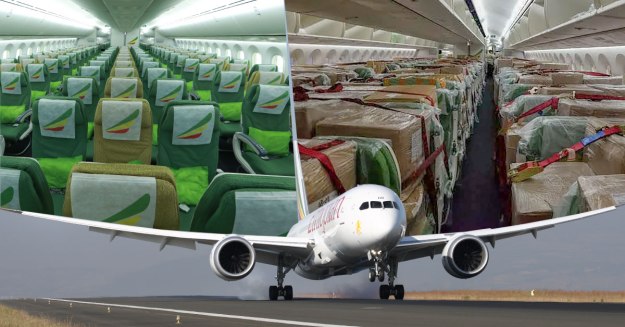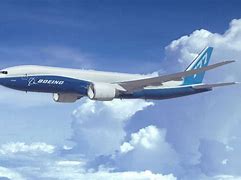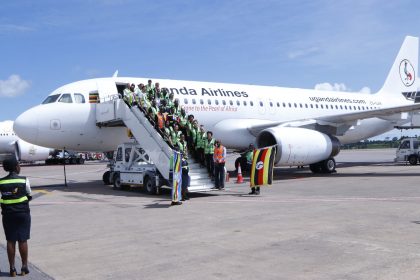A350 helps Ethiopian navigate Covid-19 storm

Preighters -passenger aircraft reassigned to cargo roles- carried 16.5 percent of flag carrier Ethiopian Airlines cargo volumes in the year to March 2021, highlighting the significant contribution to airline survival by passenger aircraft during the global Covid-190 lockdown.
Ethiopian converted seven of its 16-strrong fleet of passenger Airbus A350-900’s into temporary freighters by removing all seats from the economy cabin. The other nine operated a flexible schedule as passenger carriers of freighters with the cargo loaded onto the passenger seats.
The airlines operated 5,645 cargo flights in the cabin of passenger aircraft, transporting more than 121,750 tonnes in this mode. Ethiopian operated 33,182 flights and transported 735,869 tonnes of cargo between March 25, 2020 and March 25,2021.
Ethiopian’s preighters made hay helping move emergency medical equipment which was so much in demand across the globe, as well as industrial products and goods such as mobile phones, IT equipment, and clothing.
Sixty percent of the global airline fleet was grounded after the number of flights dropped sharply following Covid-19 related disruptions to travel. This took capacity out of the market since a significant portion of cargo was carried in the holds of passenger aircraft before the pandemic.
Ethiopia was one of the few airlines that avoided falling into a deep financial crisis of by making its passenger aircraft agile.
Mikail Houari, the President Airbus Africa Middle East, says the A350 was suited to the cargo role because of its unique interior which featured straight sidewalls. “The 221-inch cross-section, the straight sidewalls from floor to ceiling, the unequaled height of the ceiling and the reduced tapering offer an unequaled space to load parcels,” he says adding, “the fully flat, horizontal floor and the recessed rails are particularly practical when the aircraft is in cargo configuration”.

 Brussels Airlines to announce Nairobi service
Brussels Airlines to announce Nairobi service
 SITA promises enhanced travel experience after Materna acquisition
SITA promises enhanced travel experience after Materna acquisition
 Saudia’s 105 aircraft order stretches A320neo lead over rival Max
Saudia’s 105 aircraft order stretches A320neo lead over rival Max
 Boeing refuses to pay hackers $200 million for stolen Data
Boeing refuses to pay hackers $200 million for stolen Data
 Uganda-Tanzania announce date for second joint business forum
Uganda-Tanzania announce date for second joint business forum
 Uganda Airlines leased A320 arrives in Entebbe
Uganda Airlines leased A320 arrives in Entebbe
